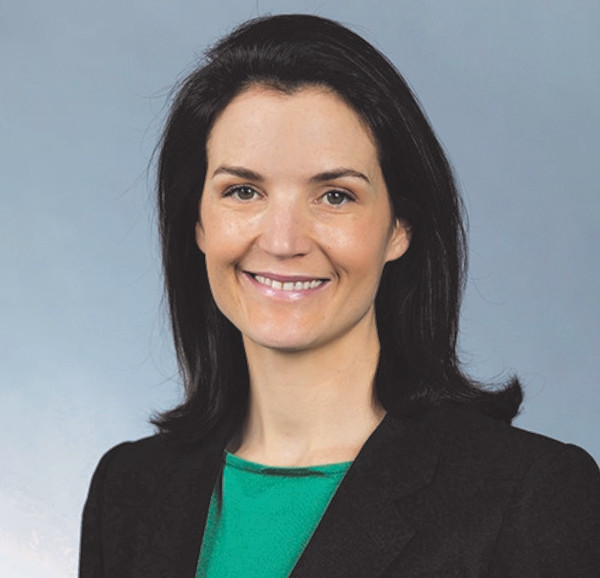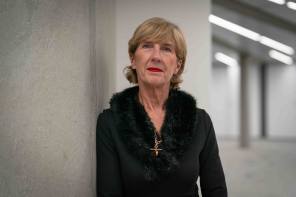

But for one French company, the British capital remains the location of choice for the best fund managers.
Fund manager Carmignac has half its investment team based in London – 19 investment professionals, of whom five are fund managers, from a total of 40 people – because the British capital is more appealing to the industry’s top talent.
Maxime Carmignac, managing director of Carmignac’s UK branch, started out with five people in 2013, but has since scaled this up, as she recruited the industry’s best managers.
She says: “Being here was a game changer, of being able to attract the top talent; for non-French speakers it makes sense, and we found it much easier to attract top international managers in London than in Paris.
“We don’t know what the [Brexit] agreement will be, so it’s very difficult to have a clear view of what we should do, but at Carmignac we try to be agile.”
Sustainable performance
Ms Carmignac started in fund management and consultancy, re-entered the family business in 2013, and is now responsible for recruiting fund managers.
She is quite clear about what she is looking for in a fund manager. It is someone who “buys the right stocks at the right time. What I believe in is a consistent and powerful process – this is the main priority when I hire a portfolio manager.
“I want to work very hard to understand the consistency of performance, to see this performance is repeatable in a sustainable way.”
Carmignac is interesting, she says, because it looks at alternatives, adopting a long/short strategy, and it made the right call in the run up to the financial crisis.
Its top fund, Carmignac Patrimoine, had been underperforming when, six months before the world economy imploded, the Carmignac team spotted danger signs in the US banking and financial system.
She says: “We became very careful about the US banking and property markets and we reduced our exposure to the US banking sector. We did a top down analysis of the US banking sector, and we saw that something was wrong.”
They pulled the funds out – as well as invested in the defensive Japanese yen – and as a result, while all the other funds were losing money, and seeing their value plummet, the fund flatlined.
Ms Carmignac says: “We are a long-term proven business, our clients are aware of that and our clients don’t ask too many questions in the short term.”
The funds are available on platforms, and distributed through banks and financial advisers.
It is now making available a series of Oeics to UK investors, which will be based on equities, fixed income and multi-asset, up until now being Luxembourg-based Sicav funds.
Creating alpha
Ms Carmignac says: “We want to focus on specific niches. We cannot say, as a boutique of 280 people, we want to be the best at everything.
“For the main hires I’ve done for the past five years, we have been focusing on creating alpha. Historically, Carmignac has been focused on beta – that is, macro decisions.
“Alpha is more regular and if you manage alpha and beta together you can make a difference.”
Carmignac is a family-owned business, founded by Ms Carmignac’s father, Edouard Carmignac, in 1989.
It has remained independent, and two-thirds of the equity is owned by the family, with all the family money invested in the company funds. The other third is owned by employees.
Ms Carmignac started in mergers and acquisitions, moved into consultancy and fund management, before coming back in 2009, and then ran a $100m family hedge fund in 2010.
Succession planning
She now describes herself as being ‘mid-career’, and clearly one of the issues to come up at some point soon is succession (Mr Carmignac, who is chief investment officer and managing director, is in his seventies).
She says: “In terms of succession, we have two main areas of focus.
“We want the capital of Carmignac to stay in the hands of the family and employees, in order to guarantee long-term independence and alignment of interests with clients.
“The second thing is meritocracy. We want to appoint the best-suited person for the job, whether this person comes from the familyor not.
“I would love to put my name forward when the time comes, but it is not my decision.”
However, she is the only other family member on the board, running the UK office, so many may speculate that she is the heir apparent.
For now, however, she relishes her role managing a team of people.
She says: “Managing a fund intellectually is super challenging and interesting, but it’s more an individual goal for me, while managing a firm I feel much more energised, because I am working with my teams. I think that together we can win, and that makes me very happy.”
Melanie Tringham is deputy features editor of Financial Adviser and FTAdviser.com



